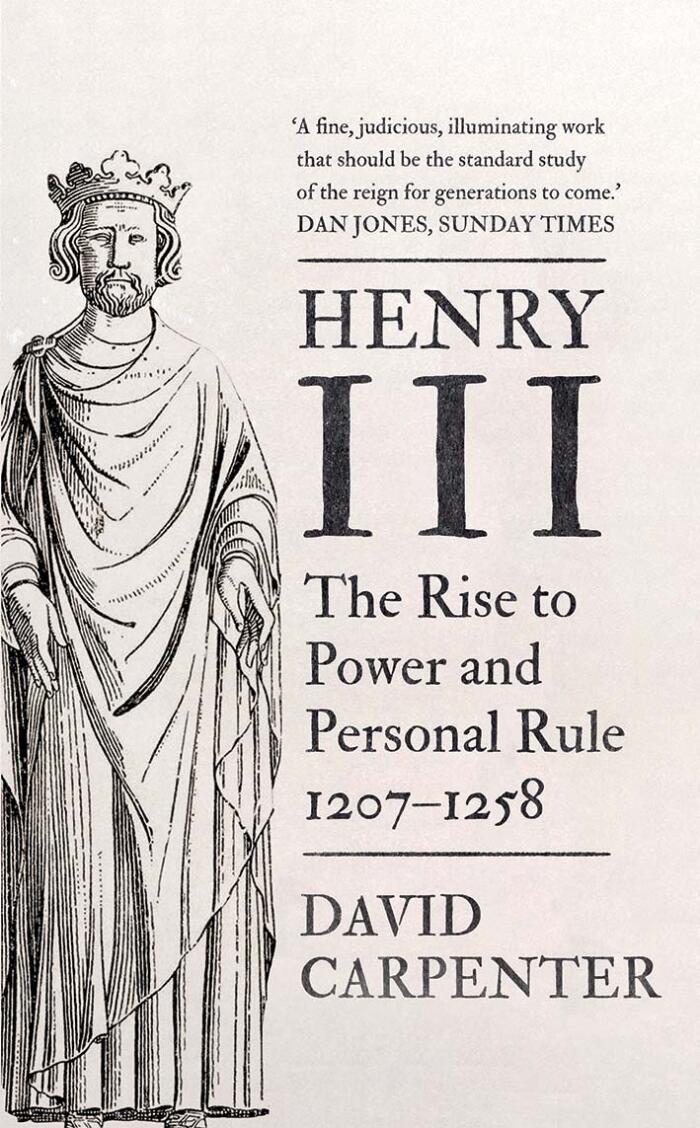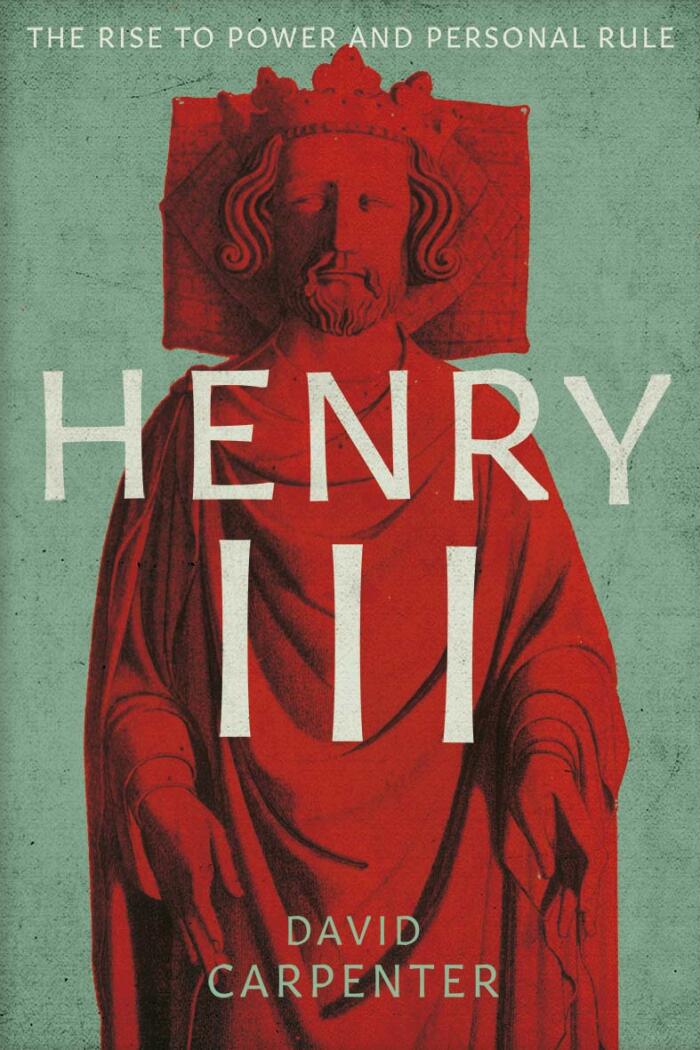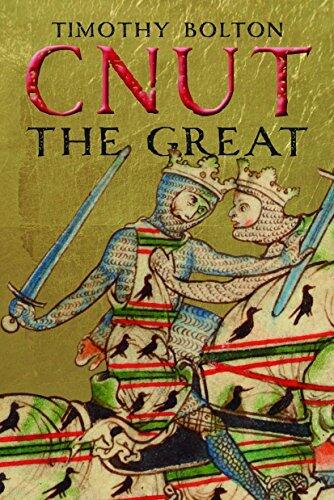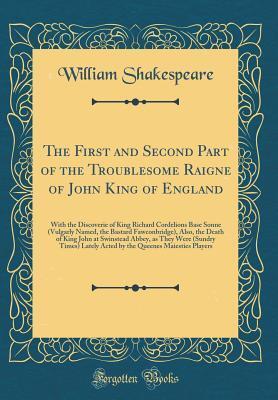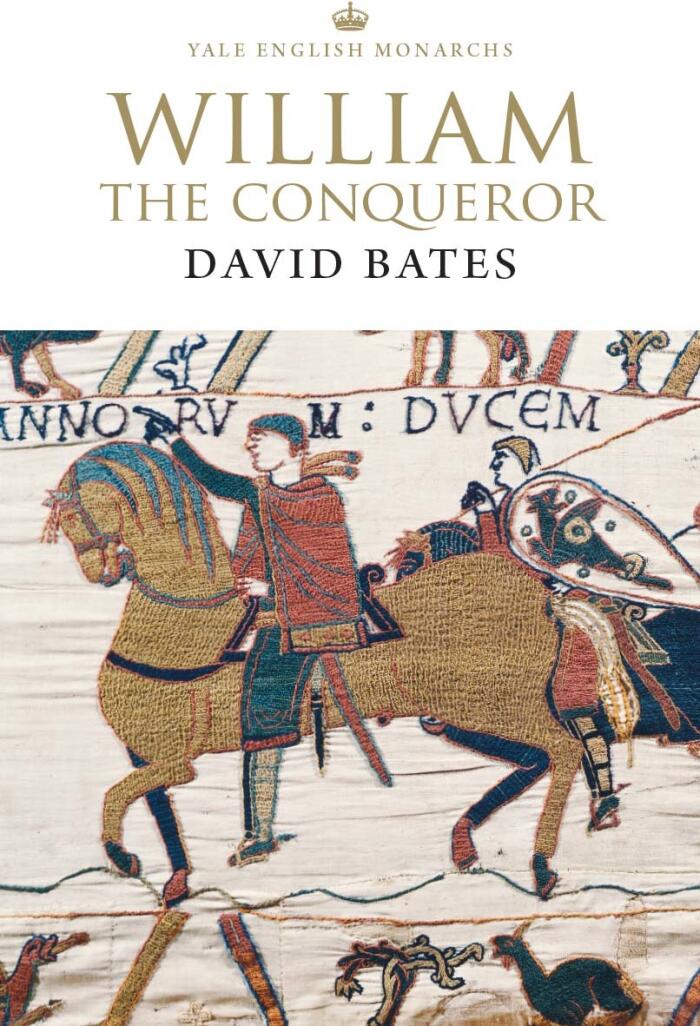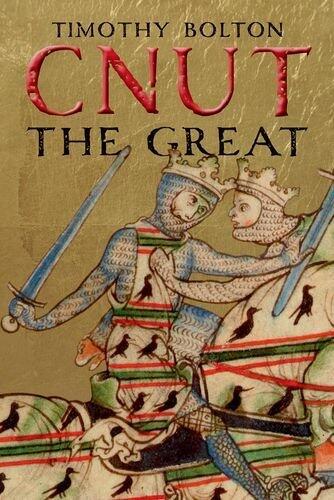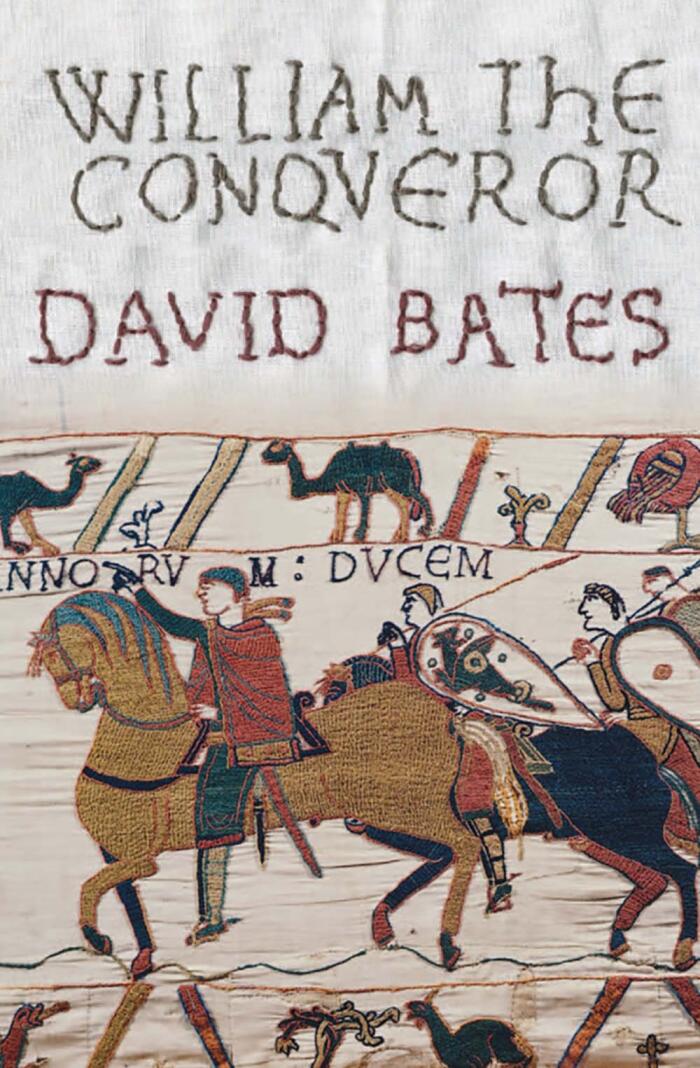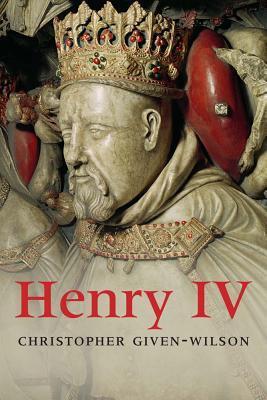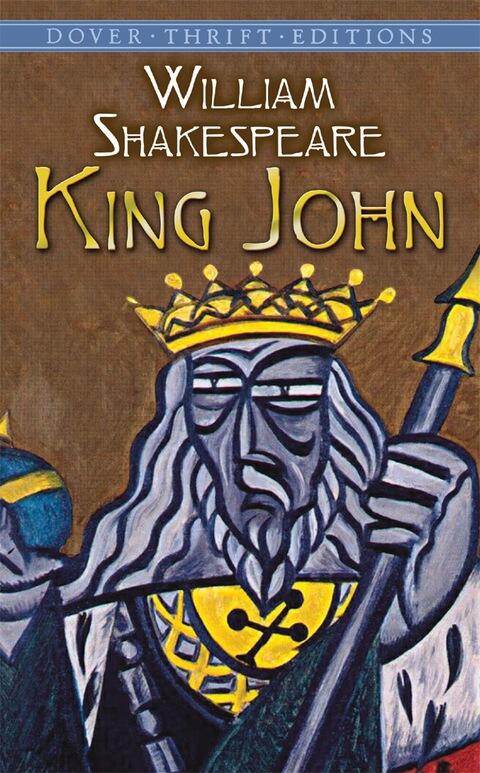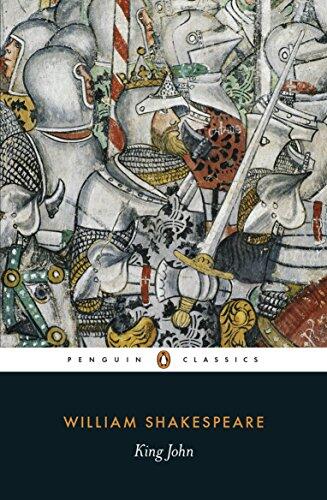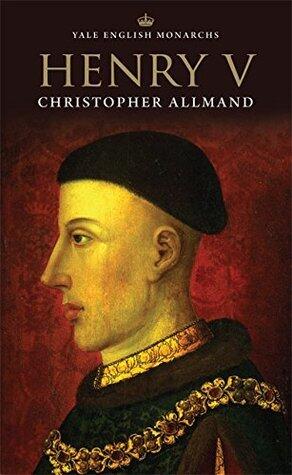
Henry V
によって
Christopher Allmand
まだ評価がありません
Biography
Action & Adventure
Religion & Spirituality
+1
more
形式
キンドル
ページ数
507
言語
英語
公開されました
Nov 1, 2014
出版社
Yale University Press
ISBN-10
0300212933
ISBN-13
9780300212938
説明
Christopher Allmand delves into the life and reign of Henry V, one of England's most storied monarchs, whose legacy has been shaped significantly by both historical events and literary portrayals. With a keen eye for detail, he disentangles the historical facts from the romanticized notions that have arisen over centuries. By examining the socio-political context of Henry’s reign, Allmand offers insight into what it meant to rule during such tumultuous times.
The narrative unfolds with a focus on Henry’s military prowess, particularly his famous victory at the Battle of Agincourt. Allmand draws on contemporary accounts and military strategies to illustrate how Henry overcame the odds, showcasing not only his skill but also the fervor and loyalty he inspired in his men. This connection between the king and his soldiers is a recurring theme, emphasizing the importance of unity in leadership.
Allmand also explores Henry’s character, shedding light on the young king’s transformation from a rebellious prince to a celebrated leader. His reflections on leadership qualities reveal the complexities of governing a nation amidst external threats and internal divisions. The author puts forth Henry as a figure who navigated these challenges with a blend of charisma, audacity, and strategic acumen.
As the narrative draws to a close, readers are left with a nuanced understanding of Henry V—not merely the hero of Shakespeare’s play, but a multifaceted ruler whose decisions echo through history. Allmand's work invites readers to reconsider the ways in which history and literature shape our perception of leadership and national identity.
The narrative unfolds with a focus on Henry’s military prowess, particularly his famous victory at the Battle of Agincourt. Allmand draws on contemporary accounts and military strategies to illustrate how Henry overcame the odds, showcasing not only his skill but also the fervor and loyalty he inspired in his men. This connection between the king and his soldiers is a recurring theme, emphasizing the importance of unity in leadership.
Allmand also explores Henry’s character, shedding light on the young king’s transformation from a rebellious prince to a celebrated leader. His reflections on leadership qualities reveal the complexities of governing a nation amidst external threats and internal divisions. The author puts forth Henry as a figure who navigated these challenges with a blend of charisma, audacity, and strategic acumen.
As the narrative draws to a close, readers are left with a nuanced understanding of Henry V—not merely the hero of Shakespeare’s play, but a multifaceted ruler whose decisions echo through history. Allmand's work invites readers to reconsider the ways in which history and literature shape our perception of leadership and national identity.
